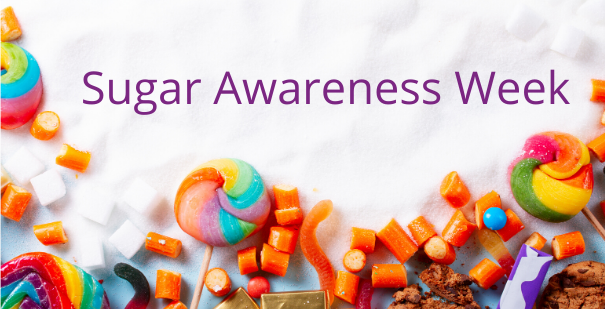Why junk food marketing increases risk of being overweight
This new report from the World Pancreatic Cancer Research Fund (WCRF) shows that children exposed to junk food marketing are more likely to be overweight. This in turn increases their chances of being overweight into adulthood and of developing a number of diseases like type 2 diabetes and increase risk of cancers, including pancreatic cancer.
Both obesity and diabetes are proven to increase your risk of pancreatic cancer. Studies show that around 12% of cases of pancreatic cancer are caused by obesity, these cases of cancer are preventable.
We therefore support the recommendations of the report attempting to reduce childhood obesity and in ensuring children’s access to aggressive junk food marketing is limited.

This report from WCRF highlights that countries around the world, including the UK, are failing to protect children from the effects junk food marketing has on their health. This undermines a child’s right to health and adequate nutrition, as it is the government’s role to protect the best interests of all children.
How can marketing affect obesity?
Marketing affects what children want, buy and eat, which in turn affects their health and contributes to the increasing levels of childhood obesity. Previous research has shown that seeing 4.4 minutes of food advertising can lead to children eating 60 more calories a day and eating as little as 46 extra calories each day can lead to excess weight in children.
Global childhood obesity rates are on the rise and in the UK alone, one in three children are overweight or obese when they leave primary school.
Overweight or obese children are more likely to be overweight or obese adults putting them at an increased risk of a number of deadly conditions including at least 12 different cancers including pancreatic cancer.
The report takes lessons learned from around the world, highlighting that restricting marketing of junk food to children reduces their exposure to these products and therefore reduces how much of them they eat. This can help reduce childhood obesity rates and it is why marketing restrictions are internationally recognised as urgently needed.
Caroline Cerny, Obesity Health Alliance lead, said:
“The food industry use a range of marketing techniques to keep the spotlight on their products and evidence shows that children are particularly vulnerable. TV shows and websites popular with children are flooded with adverts for high fat and sugary products and the Government needs to do more to ensure that children are adequately protected. There is overwhelming public support for a 9pm watershed on junk food adverts across all types of media. If we ignore the evidence and calls for stronger marketing restrictions to uphold child rights and improve child health, the UK will not make progress on reversing its childhood obesity rates.”
What needs to be done
The World Cancer Research Fund is calling for the UK government to take a fresh approach at tackling childhood obesity rates. For example, by introducing tighter restrictions on junk food marketing aimed at children that prevent food companies finding loopholes in the current legislation; such as a 9pm watershed on junk food adverts across all media.
Katharine Jenner, Nutritionist and Campaign Director at Action on Sugar, says:
“Poor diet is now the leading cause of premature death and disability in this country, with high salt, sugar and saturated fat intakes leading to high blood pressure, strokes, heart disease, type 2 diabetes, obesity and various cancers. Previous governments have been scared of tackling big businesses for economic reasons, yet obesity costs our country at least £27 billion each year. As we embark on a new decade with a new government and a strong mandate, the time is right to be bold and restrict HFSS food and drink promotions with immediate effect.”